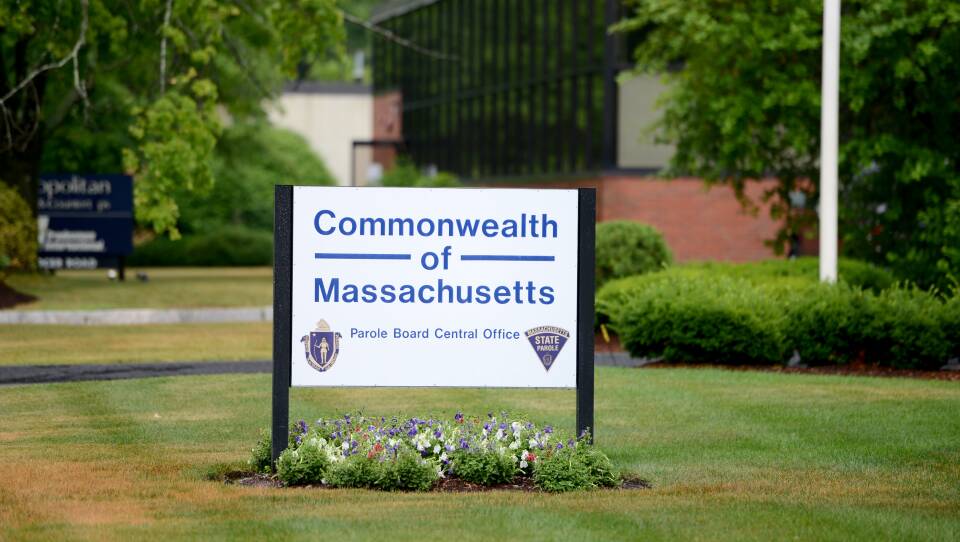Three state prisoners are claiming in a state lawsuit that the Massachusetts Parole Board has discriminated against them because of their mental health disabilities, and that the board's actions have effectively denied them a road to freedom.
The prisoners — named in court documents as John Doe 1, 2 and 3 — say the state parole board is in violation of the Americans with Disabilities Act by failing to provide accommodations to them because of their disabilities. That includes failing to assign counsel to support people with mental disabilities during complex parole hearings and penalizing parole candidates for their conduct and appearance related to their disabilities.
They also say the state has “essentially ignored” directives in a 2017 Supreme Judicial Court decision to support people with disabilities to develop “appropriate” release plans to the community.
James Pingeon, litigation director at Prisoners’ Legal Services of Massachusetts, who represents one of the plaintiffs, told GBH News on Thursday that he is hopeful the lawsuit will lead to positive outcome for the many prisoners with mental illness behind bars.
“We are encouraged that the board seems truly committed to putting into place procedures that will provide people with disabilities the accommodations they need, and are hopeful that our upcoming meeting [with] the board will lead to a speedy resolution of this case,” he said.
The 40-page lawsuit was filed in Suffolk County Superior Court in June and obtained by GBH News on Thursday. In addition to Prisoners’ Legal Services, prisoners also were represented by attorneys working for the state-funded Mental Health Legal Advisors Committee and the nonprofit Disability Law Center, designated by the state to protect the rights of disabled people.
Parole Board officials on Thursday declined to comment on the litigation. However, Elaine Driscoll, director of communications for the Executive Office of Public Safety and Security, said the board "is deeply committed to ensuring that its practices and policies are fair, equitable, and just for all incarcerated individuals, including those with disabilities and mental health challenges."
The case is particularly important because of how many state prisoners have mental disabilities. The lawsuit, citing state data, noted that 41% of male prisoners and 79% of female prisoners had an open mental health case at the end of 2022; and 34% of men and 74% of women had a “serious mental illness.”
An investigation by the GBH News Center for Investigative Reporting in 2020 profiled several prisoners with mental disabilities who had been awarded parole but not released because the state had nowhere to send them.
John Fitzpatrick, supervising attorney with the Harvard Prison Legal Assistance Project, says he’s fought for many prisoners who have faced discrimination because of their mental health issues. However, he believes problems go further than the powers of the current four-member parole board.
“What I have been seeing with the board is a group of fundamentally good people who have good intentions but are woefully under-resourced and are put in an absolutely impossible position by our state's policymakers,” he said.
Among Fitzpatrick’s clients is Richard Crowell, the plaintiff in the 2017 Supreme Judicial Court case who claimed he was discriminated against because of his disability. Crowell currently is in prison seeking an appropriate placement, Fitzpatrick said.
“Can we find a program that would accept Richard, deal with his cognitive deficits, deal with his disability effectively?” he asked. “In theory, it should be possible if we had the resourcing.”
The June lawsuit was filed as a class action “on behalf of a class of all parole eligible persons with mental disabilities.” The class action certification still needs to be approved by the court.
The prisoners in the lawsuit are seeking a “declaratory judgment” that the parole board violates the Americans with Disabilities Act and a pledge to “modify its policies and practices to ensure that no one is denied the opportunity to be released on parole because of a mental disability.”





